Interdisciplinary institutional project of the Federal University of Tocantins (UFT)
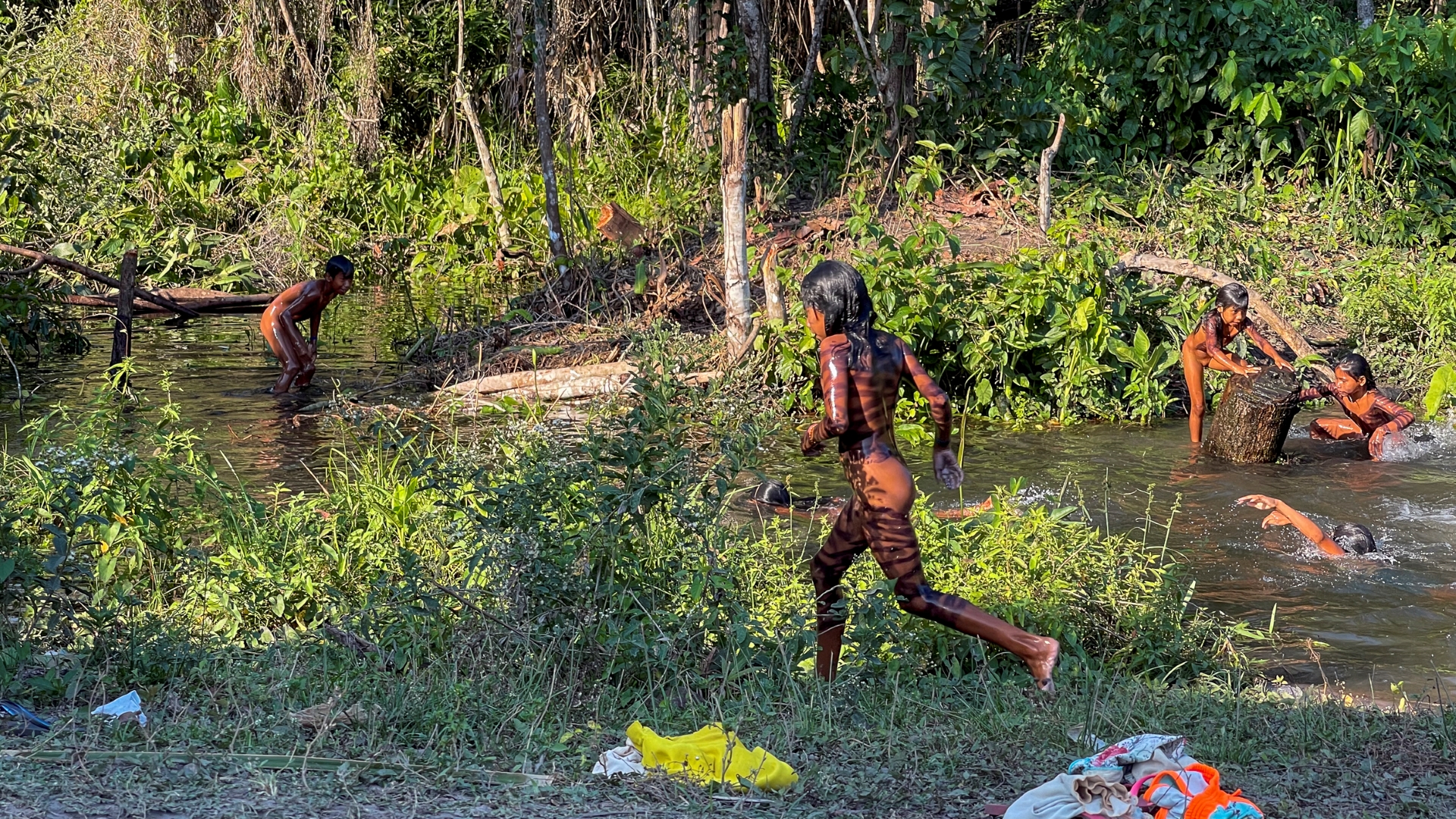
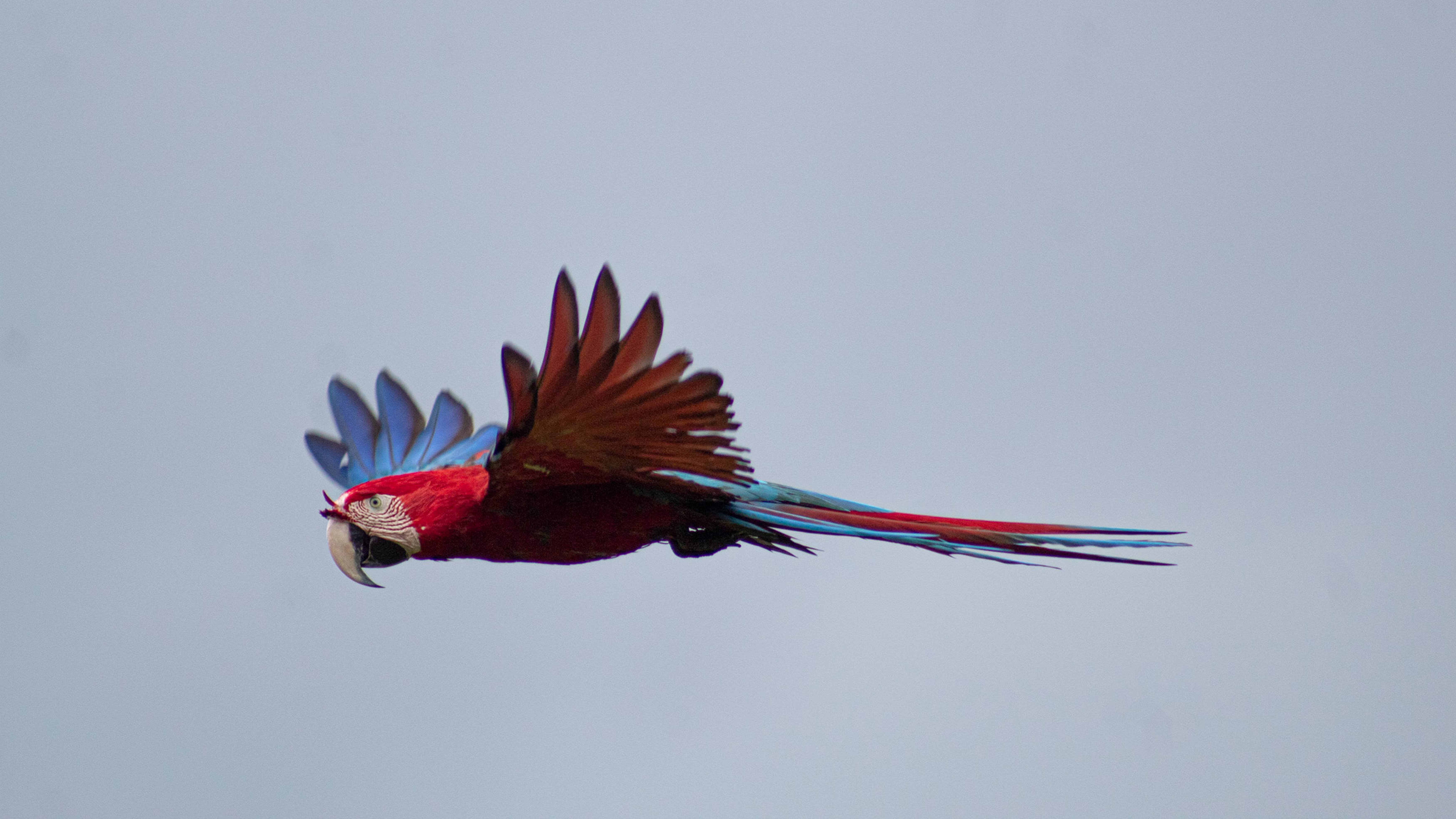
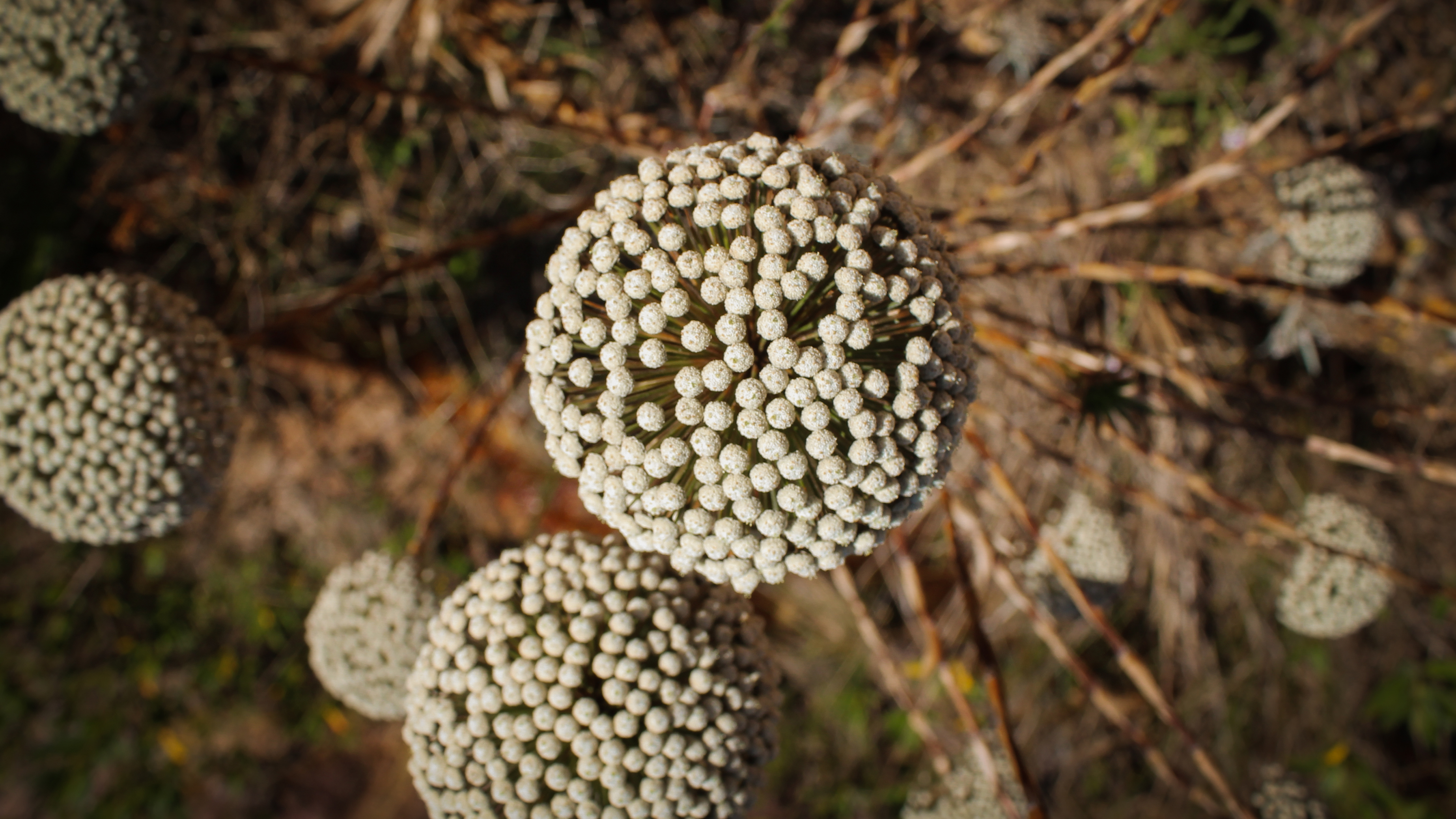
The Brazilian Waters Museum is an interdisciplinary institutional project of the Federal University of Tocantins (UFT) that aims to bring the public closer to themes related to water as an essential element for life not only in biological terms but also cultural and social – as a legacy of our ancestors and heritage to be left to our descendants. In other words, it is an initiative that aims to disseminate socio-ecological information and best water management practices to scientific and non-scientific audiences.
The location of the Museum in the State of Tocantins is strategic as it is a region bordered by two major tributaries of the Amazon River (Tocantins and Araguaia rivers), with prodigious but threatened ecosystems and water reserves (including underground), mainly due to the advancement of agribusiness and mining, and an expanding urban population. In this context, the Museum intends to address the legacies of development and emerging hydroecological challenges, focusing on the reality experienced by the large low-income urban and rural population, including Afro-descendants and indigenous peoples.
The main ethical mission of the Museum is to support water education and change misguided perceptions, attitudes, and behaviours regarding this theme by developing educational programmes that emphasise the urgent need to establish a new relationship between social groups and the rest of society mediated by complex water flows.
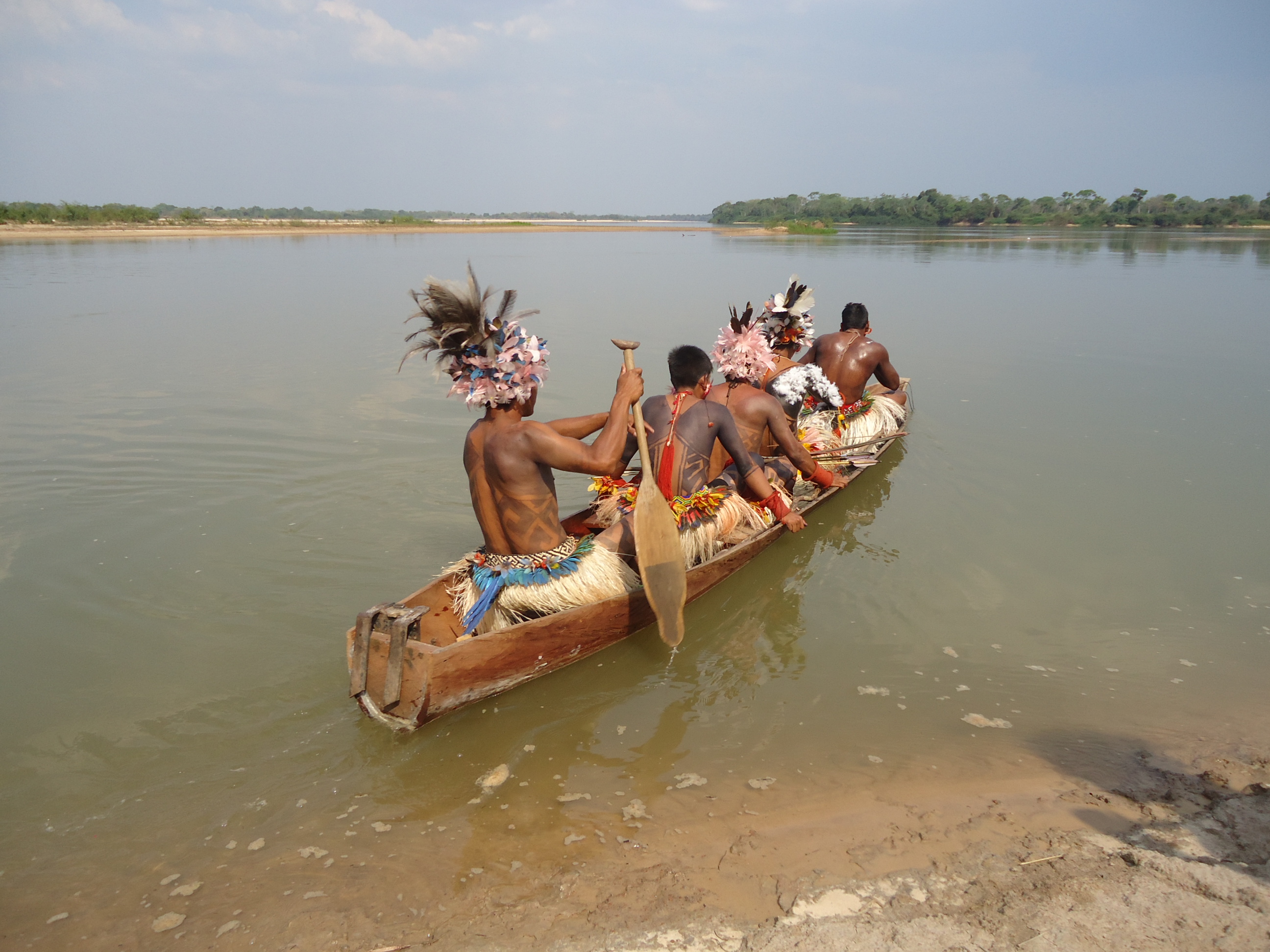 Acquiring fluency in the language of water Valcir Sumekwa Xerente. Photo By: Heber Gracio.
Acquiring fluency in the language of water Valcir Sumekwa Xerente. Photo By: Heber Gracio.
Created in May 2023 as a virtual space, this is the first Brazilian museum to join the International Network of Water Museums (WAMU-NET) of the United Nations Educational, Scientific and Cultural Organization (Unesco).
The Museum was launched in a context where water sustainability is an evolving concept that, in recent decades, has gradually incorporated a wealth of theoretical and practical knowledge. In particular, the meaning of sustainable water management has shifted from a narrow focus on resource efficiency to a broader consideration of institutional demands and the interaction between different social groups.
In line with the objectives of WAMU-NET, the museum aims to inspire actions for protection and sustainable management, as well as strengthen the educational and training process regarding water through activities inherent to the UFT Institution, such as teaching, research, and extension. This process will be fostered by the implementation of activities to promote and disseminate culture, knowledge, and practices that contribute to better management of this limited resource on the planet.
The UFT Water Museum is also committed to supporting the implementation of the Resolution No. XXIII-5 endorsed in June 2018 by the Intergovernmental Commission of the Unesco-IHP Council (International Hydrological Programme) and Resolution No. 7-XXIV, which are intrinsic to the fulfilment of the 2030 Agenda (Sustainable Development Goals) of the United Nations (UN).
The conflict of interests in water management is particularly challenging for developing areas in the tropics and the Amazon. As part of this broader debate on how to operationalise water sustainability, the Brazilian Waters Museum will catalogue and disseminate key elements of the water system that can offer useful insights into the dilemmas and challenges of product sustainability. This is a crucial step to reconnect people with the tangible and intangible heritage dimensions related to water, including social, regulatory, economic, cultural, ecological, artistic, and spiritual dimensions.
The Museum aims to inspire the enhancement of educational value and the production of knowledge generated, directly, by providing the population, in the form of expansion and development of human capital, and transmitting notions of citizenship and belonging based on local values, associated with water management, generating long-term impacts on communities and actions of conservation and protection of water.
| AXIS | OBJECTIVES | ACTIONS |
|---|---|---|
| 1. Educational Value of Water and Knowledge Production (Education and Training) | Contribute to social, educational and cultural training, including remote areas and austere situations. |
|
| 2. Symbolic Value | Promote the perception of cultural processes also as generators of social wealth. |
|
| 3. Promotion of Collection Dissemination | Establishing the circulation of collections among Museums as a possibility to dynamise activities. |
|
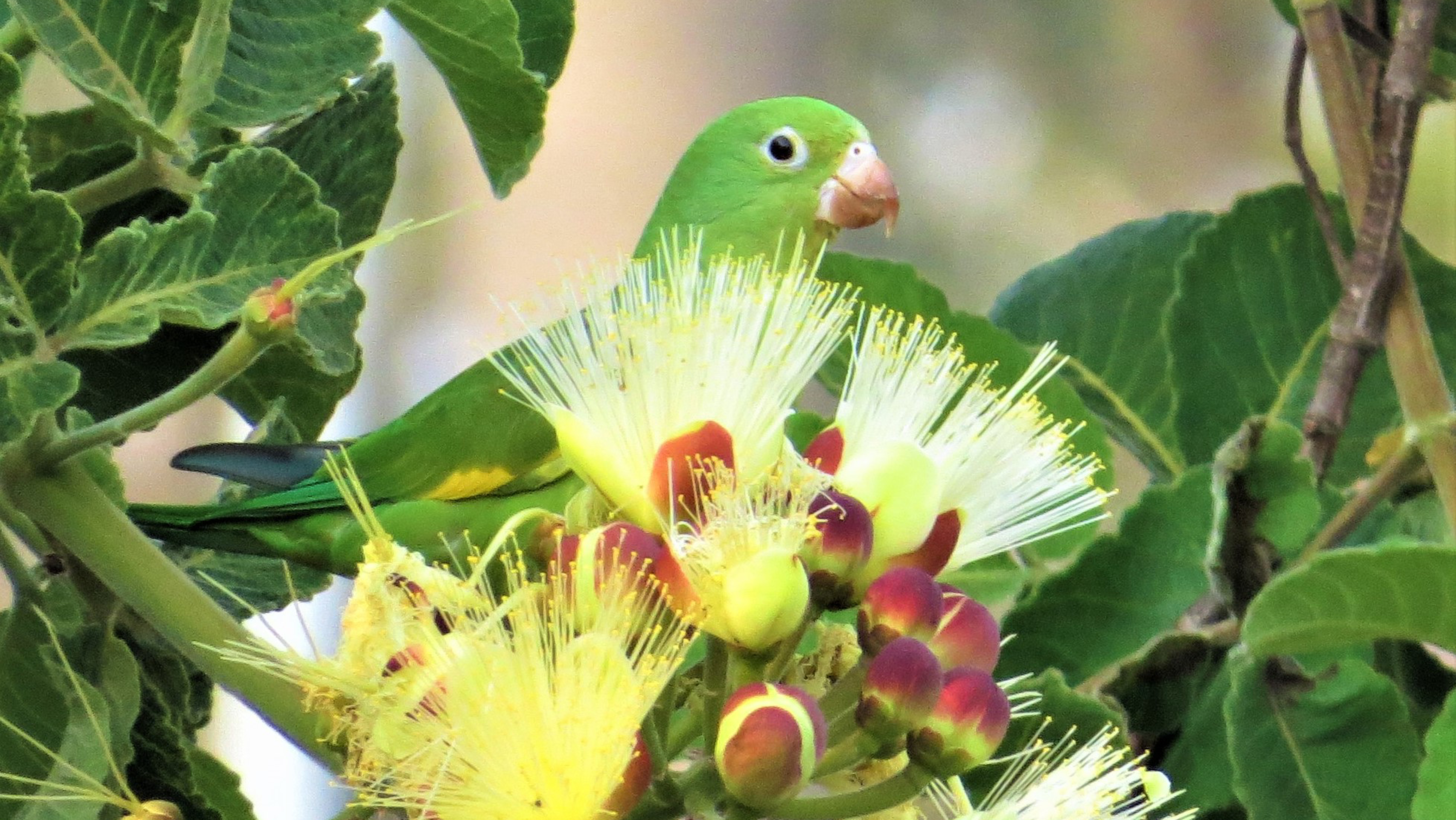
The challenges of increasing water scarcity, resource depletion, pollution, desertification, glacier melting, and disrupted patterns of floods and droughts as a result of climate change, along with unprecedented declines in biological and cultural diversity and the dramatic displacement of human populations, cannot be resolved solely through technocratic approaches.
In recent decades, these one-dimensional approaches have conceived and used water primarily as a means to support 'at all costs' economic development. However, the heavy consequences of such a development model are witnessed by the dramatic pollution of all aquifers and freshwater ecosystems worldwide. The value of water cannot be reduced solely to its price, or 'cost'.
In highly anthropised contexts, we witness how the natural hydrological cycle has become increasingly 'invisible' and simultaneously distant from people's awareness. This condition has made the multiple heritages and values related to water more vulnerable than ever.
Today there is an urgent need to promote innovative, transdisciplinary, and holistic perspectives to overcome unduly narrow technical approaches that have proven to be an inadequate response to the challenges of the global water crisis. In this context, museums play a fundamental role in paving the way for paradigm change and building a 'new water culture'. Together, museums can promote stronger connections with the most diverse 'water worlds' that consumer societies tend to forget and obliterate. WAMU-NET aims to consolidate cooperation with these institutions worldwide.